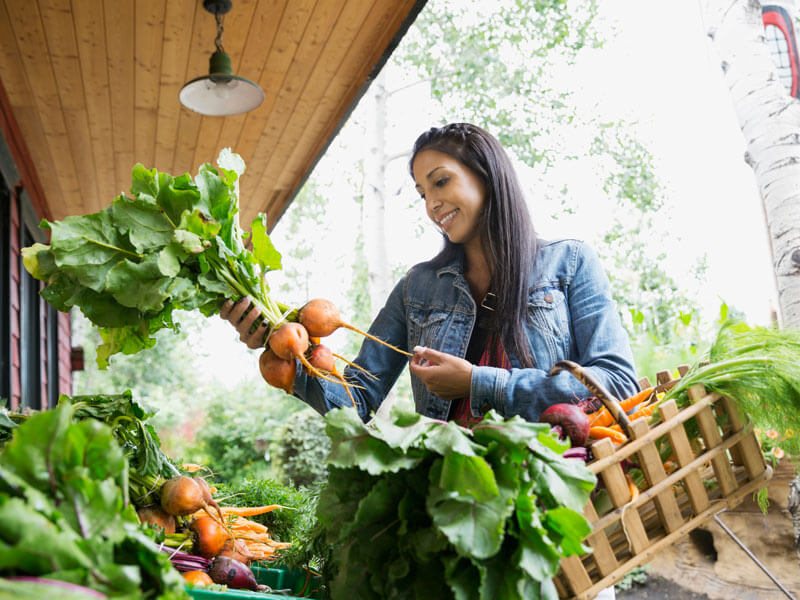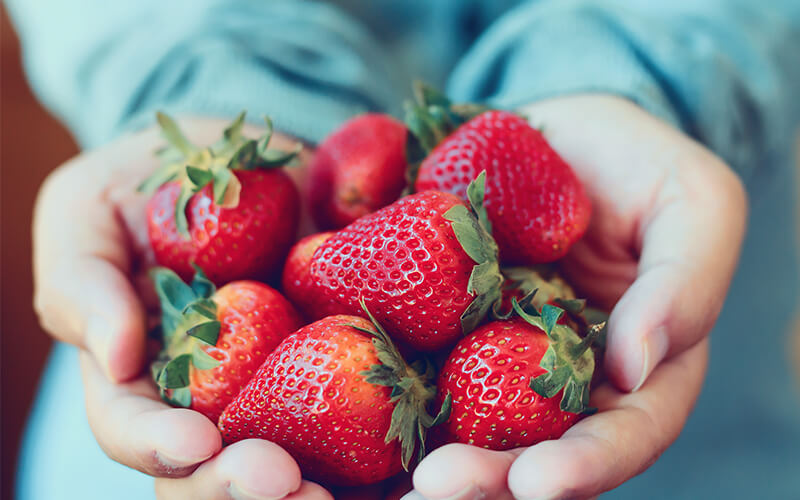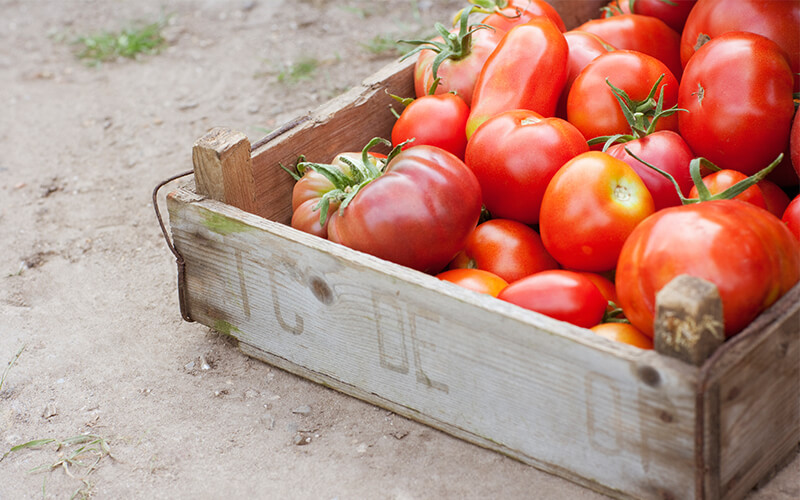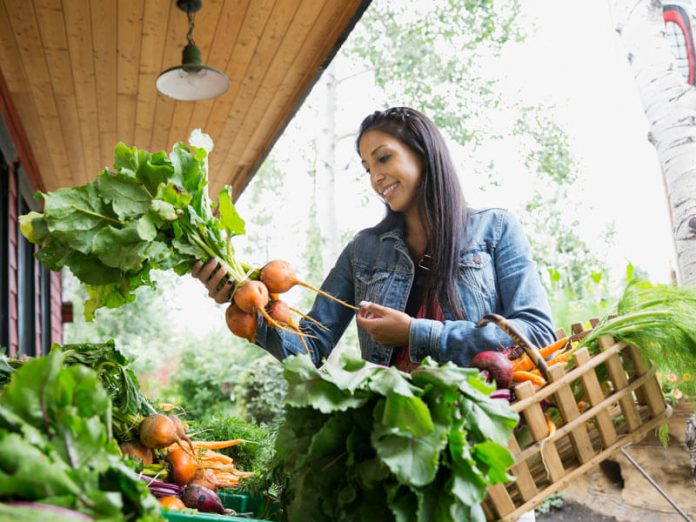
More and more Australians are going organic – but which fruit, veggies and various food thinking of better off sourcing organically, and which companies don’t matter a whole lot?
An increasing availablility of Australians are buying organic products.
Recent figures show we’re now spending money around $2.4 billion 12 months on foods like fruits and vegetables, and household goods.
That’s a slight increase of about 46 per-cent since 2012, with six in 10 households now deciding to buy some organic foods.
Australian Organics found people choose organic products as they quite simply believe due to the fact are fresher, good quality, taste better and therefore are safer and kinder towards environment.
Is it worth buying organic?
Nutrition Australia dietitian Aloysa Hourigan says quite often the jury will be out as to if organic foods will be more nutritious.
And she adds one can find strict controls within the use of pesticides in food production.
“We appetite more fruits and veggies generally professionals who log in be comfortable that you won’t harm your well being by eating non-organic veggies and fruits,” says Aloysa.
“You can also help environmental sustainability by getting fruits and vegetables which might be in season and produced locally.”
But should you be buying organic, which foods should and shouldn’t be upon your shopping list?
Milk and meat
British researchers found organic milk and meat contain around 50 % more healthy omega-3 efas.
Organic meat were built with a little less saturated fat, and organic milk contained 40 % more of cla, which has been connected with a lower risk of type 2 diabetes and cardiac arrest.

Berries
Fruits with thinner skin, like berries, will be sprayed more like they grow to beat back pests.
While pesticides are regulated, buying organic berries can cut your exposure to these chemicals.
Research on strawberries found nutritional values were an identical for organic and non-organic fruits, but organic strawberries can contain less pesticides.
“Organic berries would be a good choice do not spend your hard earned money on thick-skinned fruits and vegetables, like pineapple and avocado, because pesticides are unlikely to get into them,” says Aloysa.
Leafy greens
Vegetables like spinach and broccoli have a large floor and, for conventionally grown produce, substandard a larger area arriving to contact with pesticides and fertilisers.
Some research confirms that organic leafy greens may not be more nutritious, as they can contain fewer microbes.

Tomatoes
Brazilian research found organic tomatoes acquire more vitamin C and healthy antioxidants than traditionally-grown tomatoes.
Written by Sarah Marinos.


































